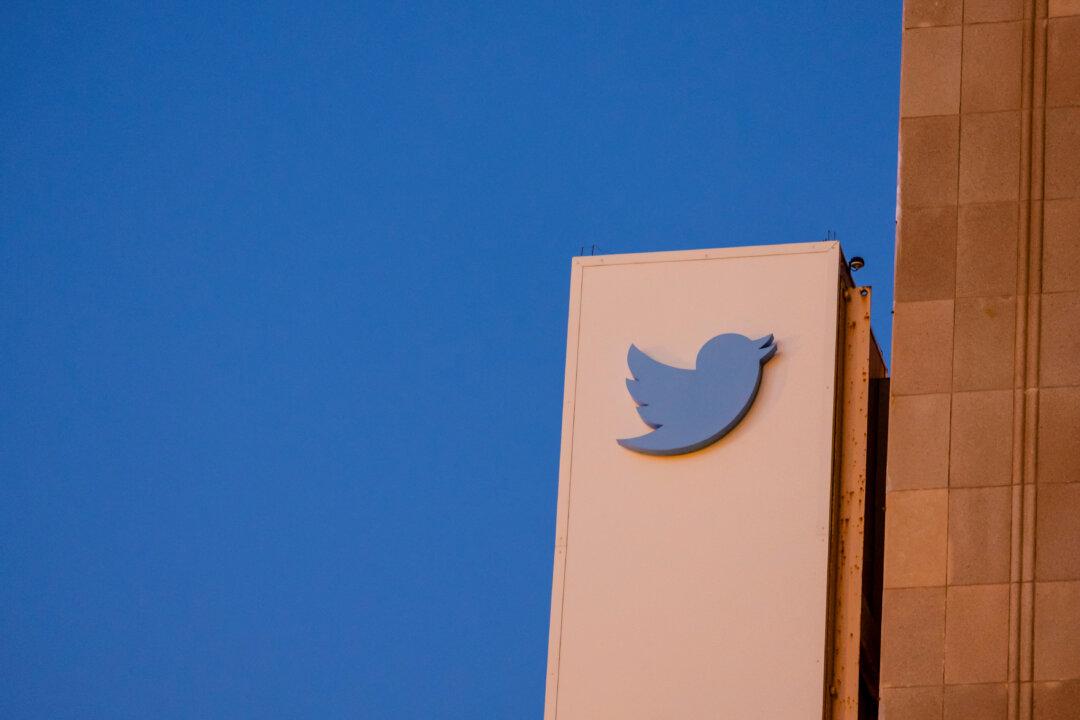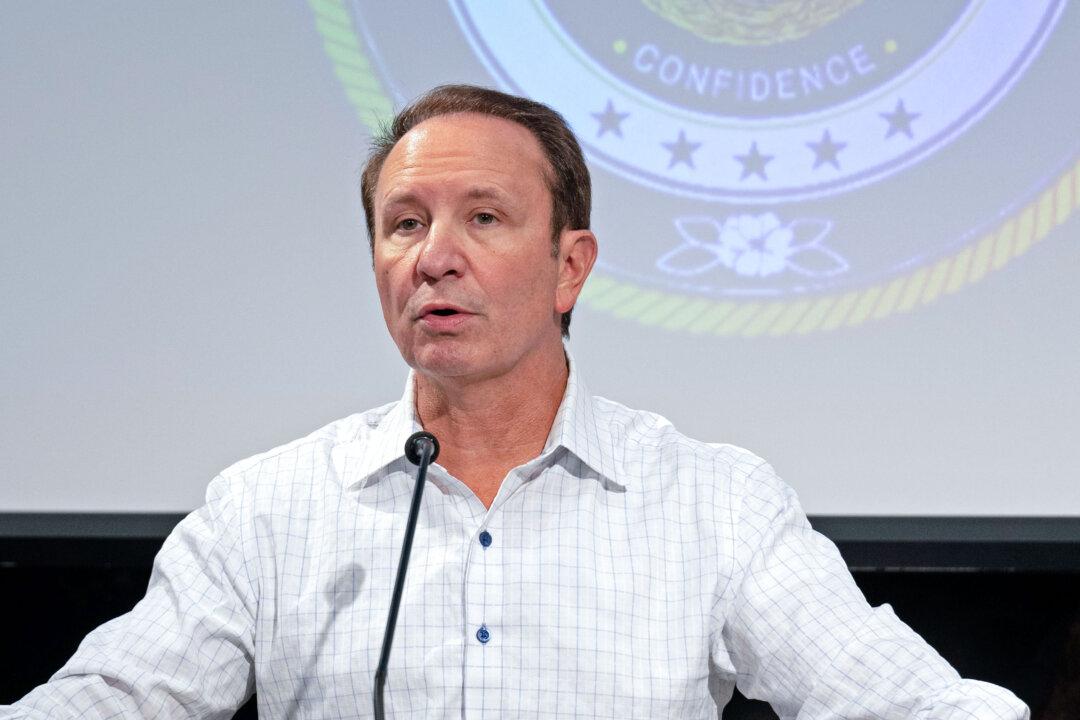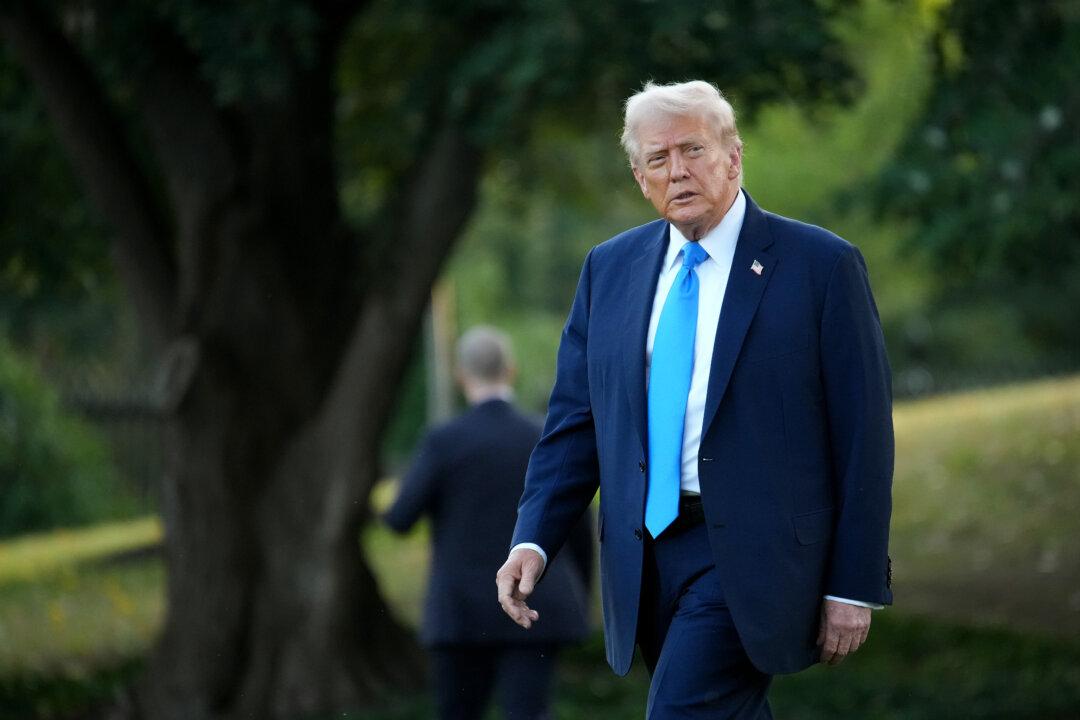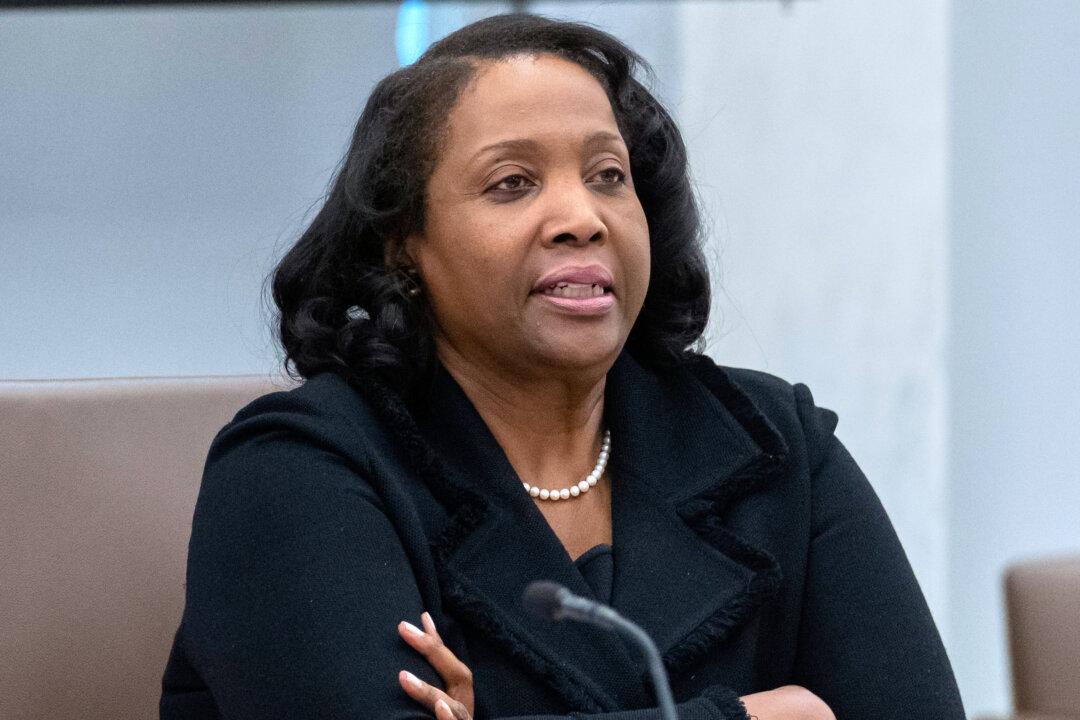The jury for the trial of an online influencer charged with election interference has wrapped up its second full day of deliberation without reaching a verdict.
After more than two days of deliberation starting Monday afternoon, members of the jury could not reach a unanimous verdict on the case of Douglass Mackey, who is on trial for a charge of allegedly conspiring against people’s right to vote with memes—or generally satirical online images—including one that instructed people to vote by text during the 2016 presidential election.





